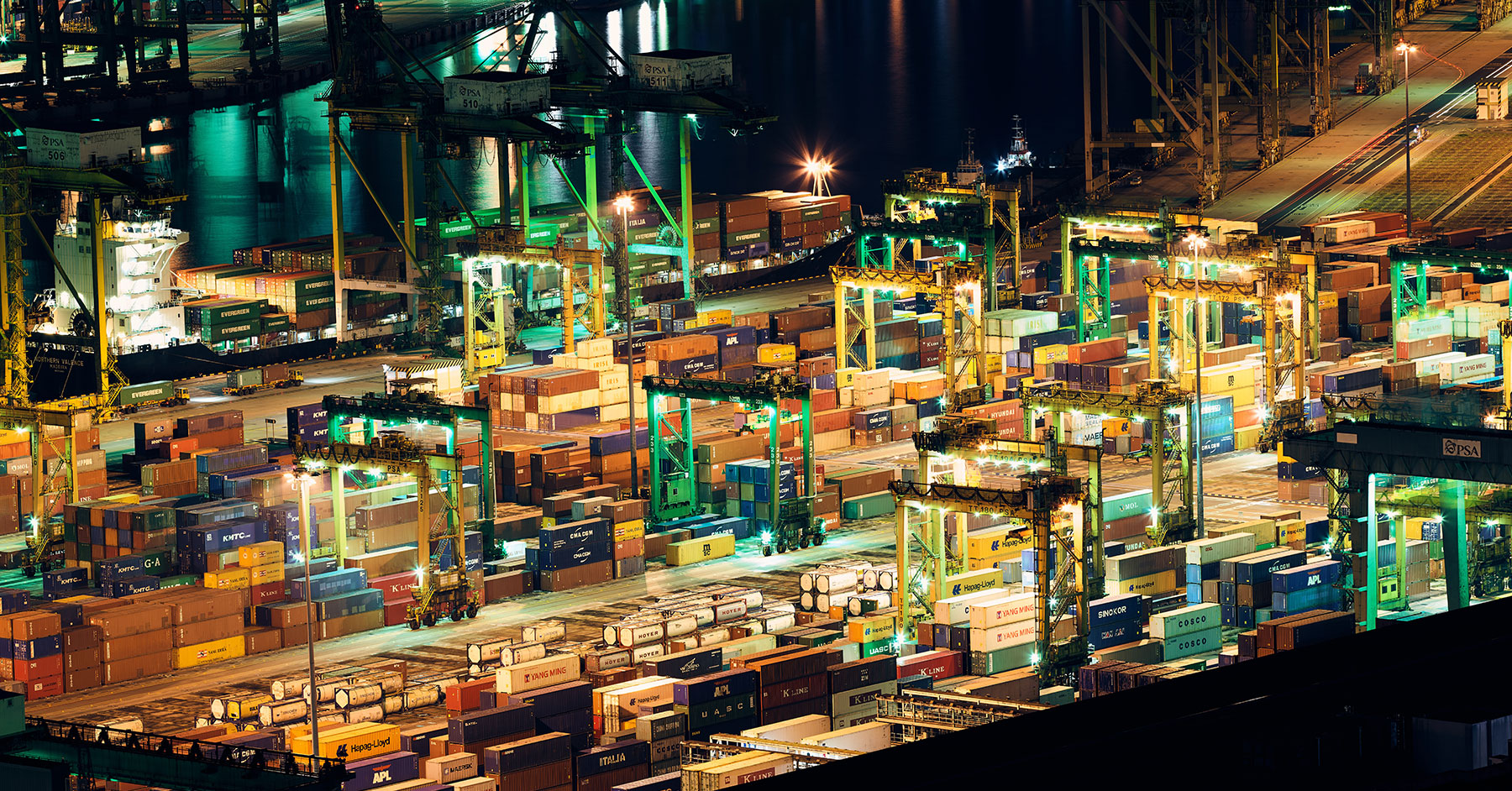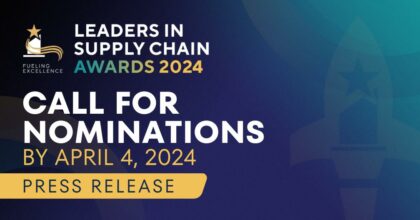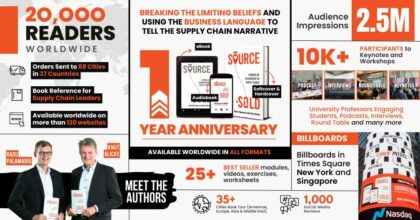We had the chance to talk to the CEO of Kontainers, Graham Parker. He discussed topics on EDIs, AI, the usefulness of data, and the skills the industry will need.
It’s too often that discussions about the digital revolution revolve around the disruption to existing ways of doing business. For a good reason, too, because we have a plethora of examples of digital revolution disrupting and, to some extent, ousting the elements of an established order. But the digital startups and SaaS companies that often do this can choose another path to follow.
Graham Parker, the CEO of the SaaS company Kontainers, doesn’t see his company as a disruptor. He sees it as an enabler, instead.
“These digital-first freight forwarders are coming to the market with a lot of money,”
Graham says about the disruptors.
“They’re building ultra-modern solutions and we’re basically saying to the freight brands ‘we can provide you the same technology at a competitive price point in a matter of weeks.’”
By doing this, Kontainers is doing its part in ensuring that the competitiveness isn’t washed away by the onslaught of new, confusing technologies. As Graham would put it,
“We exist to enable shipping brands to compete in this kind of acceleration of freight technology.”
And it’s incredible how big of a need there is for ushering the digital acceleration into the industry. Large parts of the industry still rely on EDI, no matter how often the industry insiders predicted it will be phased out. It’s still here — a technology that’s had its last major update more than forty years ago. In a time when real-time data swapping, which is what Kontainer achieves with its 52 APIs, is the norm, EDI’s delayed provision of information sticks out like a sore thumb.
Luckily for the industry, some great minds are on the job of fixing the issue. “There’s still a lot of EDIs,” Graham says. “But the work that’s going on behind the scenes, particularly from EDIs to APIs, is incredible.” Right now, Kontainers is working on spreading its offer to air freight booking and pricing, an area that’s been slower to adopt the API than, for example, ocean freight.
Real-time data swapping isn’t the only manipulation of data that happens in the industry. Digital acceleration is, to some extent, propelled by access to and ability to analyze large sets of data, which is what AI and machine learning depend on and are used for. According to Graham, however, in their neck of the woods, it’s much more about machine learning than AI. There don’t seem to be big enough data sets to utilize AI. “We do use machine learning in different parts of the platform,” says Graham.
“Machine learning needs fewer data and can help provide an even better experience.”
Thinking about customers and finding ways to add value to your offering should be an integral part of modern SaaS businesses that operate in the industry. It, of course, reflects on the skills Graham sees as important for current graduates looking to work in supply chain and logistics – everything from project management to marketing has its place. It’s all about being able to create, and sell, solutions. Check out the full interview with Graham Parker here.





